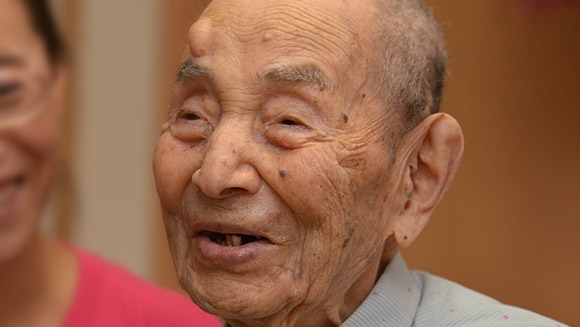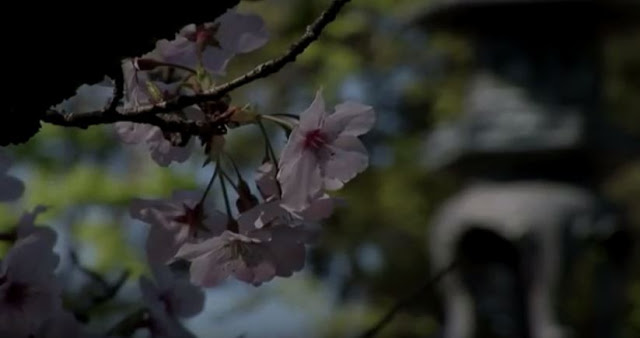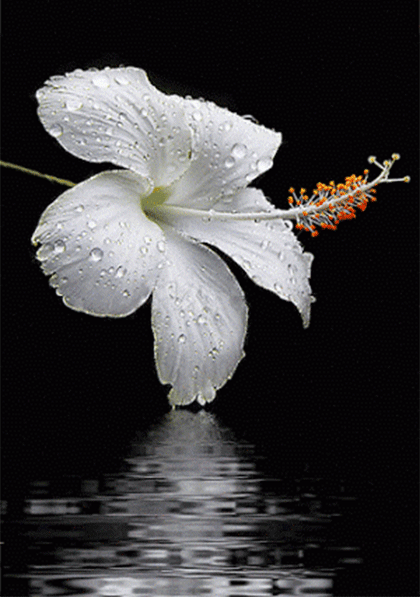 Once upon a time, Mr. Monkey was living by himself near a riverbank. He was very strong, and he was a great jumper.
Once upon a time, Mr. Monkey was living by himself near a riverbank. He was very strong, and he was a great jumper.
In the middle of the river there was a beautiful island covered with mango, jackfruit and other fruit trees. There happened to be a rock sticking out of the water halfway between the bank and the island. Although it looked impossible, Mr. Monkey was used to jumping from the riverbank to the rock, and from the rock to the island. He would eat fruits all day and then return home by the same route each evening.
A high-class couple was living next to the same river – Sir Crocodile and Lady Crocodile. They were expecting their first brood of baby crocks. Because she was pregnant Lady Crocodile sometimes wished for strange things to eat. So she made unusual demands on her faithful husband.
Lady Crocodile had been amazed, just like the other animals, by the way Mr. Monkey jumped back and forth to the island. One day she developed a sudden craving to eat the heart of Mr. Monkey! She told Sir Crocodile about her desire. To please her, he promised to get Mr. Monkey’s heart for her in time for dinner.
Sir Crocodile went and laid himself down on the rock between the riverbank and the island. He waited for Mr. Monkey to return that evening, planning to catch him.
As usual, Mr. Monkey spent the rest of the day on the island. When it was time to return to his home on the riverbank, he noticed that the rock seemed to have grown. It was higher above water than he remembered it. He investigated and saw that the river level was the same as in the morning, yet the rock was definitely higher. Immediately he suspected the cunning Sir Crocodile.
To find out for sure, he called out in the direction of the rock, “Hi there, Mr. Rock! How are you?” He yelled this three times. Then he shouted, “You used to answer me when I spoke to you. But today you say nothing. What’s wrong with you, Mr. Rock?”
Sir Crocodile thought, “No doubt on other days this rock used to talk to the monkey. I can’t wait any longer for this dumb rock to speak! I will just have to speak for the rock, and trick the monkey.” So he shouted, “I’m fine, Mr. Monkey. What do you want?”
Mr. Monkey asked, “Who are you?”
Without thinking, the crocodile replied, “I’m Sir Crocodile.”
“Why are you lying there?” asked the monkey.
Sir Crocodile said, “I’m expecting to take your heart! There’s no escape for you, Mr. Monkey.”
The clever monkey thought, “Aha! He’s right – there’s no other way back to the riverbank. So I will have to trick him.”
Then he yelled, “Sir Crocodile my friend, it looks like you’ve got me. So I’ll give you my heart. Open your mouth and take it when I come your way.” Continue reading →


















